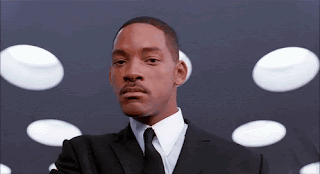Within “The Negro Artist and the Racial Mountain”, Langston Hughes said of the racial struggle for black people that “this is the mountain standing in the way of any true Negro art in America- this urge within the race toward white-ness, the desire to pour racial individuality into the mold of American standardization, and to be as little Negro and as much American as possible” (1192).
He identifies the struggle to succeed as being rooted as the struggle of being different. This implies that it is common thinking that the big hurdle is being different.
He offers this anecdote: {“One of the most promising of the young Negro poets said to me once. “I want to be a poet- not a Negro poet”, meaning, I believe, “I want to write like a white poet”; meaning subconsciously, “I would like to be a white poet”; meaning behind that, “I would like to be white.” and I was sorry the young man said that, for no great poet has ever been afraid of being himself” (1192).
Of course being racially different from the majority of mainstream or successful poets will cause some anxiety, but I don’t agree with Hughes that saying that the racial mountain lies in this example. This exchange is rumored to be between Langston Hughes and Countee Cullen, a poet closely tied with the Harlem Renaissance. I feel that in the sentence “I want to be a poet- not a Negro poet” Cullen meant that he wanted to be defined by his work and not by his race.
I will be the first to admit that Langston Hughes is a brilliant gifted writer and was blessed with a mind, I feel that the drive for Cullen was to be remembered for his poetry. For his words to transcend his family, his hometown, and the blood that pumps through his veins. Cullen died young, living from 1903-1946 but is remembered for his work.
Word Count: 323
Works Cited
Leitch, Vincent B. The Norton Anthology of Theory and Criticism. 2nd ed. New York: W. W. Norton &, 2010. Print.






No comments:
Post a Comment